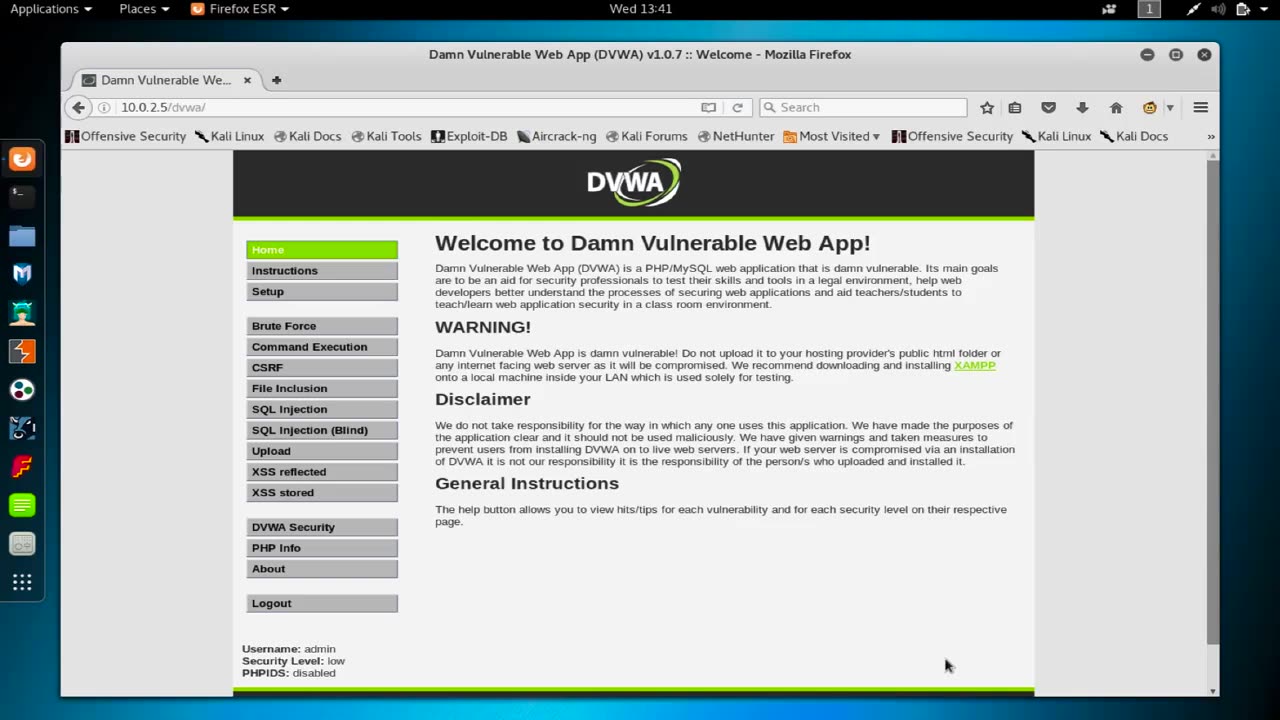Premium Only Content

Chapter-21, LEC-2 | What is XSS | #rumble#ethicalhacking #education
#ethicalhacking #hacking #rumble #virel #trending #education
Cross-site scripting (XSS) is a type of security vulnerability that can occur in web applications. It involves an attacker injecting malicious code, usually in the form of a script, into a web page viewed by other users. The malicious code can then be executed by the user's browser, leading to a range of potentially harmful consequences.
XSS attacks can be classified into three main types: stored XSS, reflected XSS, and DOM-based XSS. Stored XSS occurs when the malicious script is stored on the server and retrieved each time a user requests the compromised web page. Reflected XSS, on the other hand, involves the attacker sending a link that contains the malicious script to the victim, who then inadvertently executes the script. Finally, DOM-based XSS attacks manipulate the Document Object Model (DOM) of a web page to execute the malicious code.
The consequences of an XSS attack can range from a simple annoyance, such as pop-up ads, to serious security breaches, such as stealing sensitive information, taking over user accounts, or distributing malware. Web developers can prevent XSS attacks by properly validating and sanitizing user input, using secure coding practices, and implementing various security measures such as Content Security Policy (CSP) and Input Validation Filters. Regular security audits and updates to software and libraries can also help prevent XSS vulnerabilities.
-
 LIVE
LIVE
Wendy Bell Radio
5 hours agoLet's Make A Deal
12,178 watching -
 LIVE
LIVE
AP4Liberty
2 hours ago $0.57 earnedElon Musk's Foray into Comedy: Public Reacts
1,440 watching -
 2:39:16
2:39:16
TimcastIRL
14 hours agoDemocrat CAUGHT ON TAPE ADMITTING To Corruption, CHEATING ON WIFE Says Nick Sortor | Timcast IRL
243K98 -
 1:02:08
1:02:08
Man in America
19 hours agoTrump to BAN the COVID Vaxx?! mRNA in Your Organic Meat?! w/ Kim Bright
111K87 -
 57:42
57:42
Flyover Conservatives
1 day agoThe Great Gold Cover-Up: Is Fort Knox EMPTY?! - Clay Clark + Dr. Kirk Elliott | FOC Show
76.4K24 -
 1:24:40
1:24:40
Kim Iversen
16 hours agoJeffrey Sachs Just Exposed the Truth They Don’t Want You to Hear
94.4K111 -
 2:11:32
2:11:32
Glenn Greenwald
14 hours agoGlenn From Moscow: Russia Reacts to Trump; Michael Tracey Debates Ukraine War | SYSTEM UPDATE #413
231K115 -
 2:19:23
2:19:23
Slightly Offensive
14 hours ago $17.95 earnedGOV. RAMASWAMY? Vivek to import 1 BILLION INDIANS to OHIO | Nightly Offensive
118K75 -
 4:51:08
4:51:08
Wahzdee
18 hours agoSniper Elite Then Extraction Games—No Rage Challenge! 🎮🔥 - Tuesday Solos
127K6 -
 2:12:58
2:12:58
Robert Gouveia
17 hours agoSenator's Wife EXPOSED! Special Counsel ATTACKS; AP News BLOWN OUT
132K81